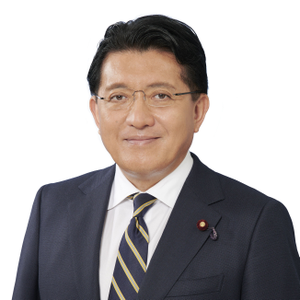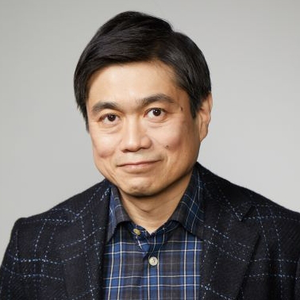Event Details
To understand how real the threat of cybercrime is to private companies, one need only look at Notpeya, an impish piece of malware hidden in a seemingly innocuous tax software package. The virus struck Ukraine in 2017, knocking out federal agencies, transport systems, cash machines—even the radiation monitors at Chernobyl. It then went rogue.
Notpeya wormed its way from the computers of multinational firms with local outposts in Ukraine to their global operations, causing collateral damage to victims ranging from Maersk and Saint-Gobain, to American drugmaker Merck, the last of which lost 40,000 computers in the blink of an eye and was forced to halt manufacturing of its human-papillomavirus vaccine. The total damage caused by the hit was put at $10bn, making it the costliest such attack ever.
Japan has not been spared the stress or the cost. In 2022 Toyota's supply management system was hacked, forcing it to shutdown all 14 domestic factories for the first time in its history and at the cost of 13,000 cars of output. In September, the official Japanese government's website e-gov was breached, allegedly by Killnet, a Russian hacker entity. One month later, a government-affiliated hospital in Osaka was hit by a ransomware attack. Whether the ransom was paid is not clear, but by December the hospital was still filling patients' charts by hand.
According to MIC (総務省), 54% of Japanese firms fell victim to some sort of cyberattack in 2020. For any company, the threat of cyber crime weighs heavily on corporate management and its presence riles executives. But are companies in Japan doing enough to protect themselves? What are the new threats to be faced in 2023? How much are companies allocating to cyber protection, and how much should they? At this event, we bring together experts with an engineering background who understand and can explain the technical complexities of cyber threats, as well as representatives from the corporate world and public policy, who can update our network on the key challenges for one of this year's most critical topics.





